Small business owners start a business with the goal of making a profit using the premise that by increasing sales, profits will increase. While this is true to a point, there are incidents where businesses have increased sales to the point where they are operating at a loss.
There could be many reasons for this to happen. Much of the time it is because the owner does not take the time to manage the accounting side of the business because he is too busy with what he perceives as the important part of the business, which is making the sales. While this is very important, the owner must realize the need to be involved daily in all phases of the business and to have “checks and balances” put into place to protect the interest of the business. For example, how many times has an owner hired a bookkeeper/accountant to handle all of the accounting and tax work and all the owner does is sign the checks that are placed in front of him to sign, never looking at the what the check is paying?
A business owner must learn to delegate work, but this does not relieve him of the responsibility of all activities that occur in the business. Listed below are some steps that a business owner should be sure to do to protect his business.
- The owner should open all bank statements and review each check before giving to an accountant/bookkeeper to balance.
-
The owner should sign all checks or if check signing authority is delegated to a person who has been deemed responsible enough to handle this responsibility, control the amount of money placed into the checking account that this person has authority to sign checks from.
-
The owner should review the financial statements once a month. Look for expenses that are increasing as a percentage of sales and find out why that expense has increased. For example, phone charges for long distance calls have increased. Is it because more calls have been made trying to get more customers or have employees been making personal calls? Now is the time to correct that problem, not the end of the year, which will be too late.
-
The owner needs to set the example by making sure that all payments, including cash, are deposited daily. Then if the owner needs cash, he should write a check and withdraw the amount, creating an audit trail. This also reduces the chance of theft.
-
The owner should develop a system that will insure that bills are paid on time, that the proper documentation to support payment is in the file and that a bill is not being paid twice. A good way to eliminate this error is to only pay by statement. The invoices are used to balance with the statement which is then submitted for payment.
-
If the business has accounts receivables, the owner should make sure the totals listed in the individual accounts (subsidiary ledger accounts) balances with the accounts receivable general ledger balance. This is an area for potential problems whether by incompetence or theft.
-
The owner should review weekly the age of any accounts receivable and make sure that the accounts are aged properly. You do not want to continue to sell to a customer that is not paying nor do you want to deny a credit sale to a good customer whose account has been incorrectly aged.
-
A petty cash account should be balanced and reconciled monthly. At any time the cash in this account plus any receipts should total the amount of the account. If there is not a receipt to document the money that is missing, there could be a problem.
(Source: Sue Ford)


